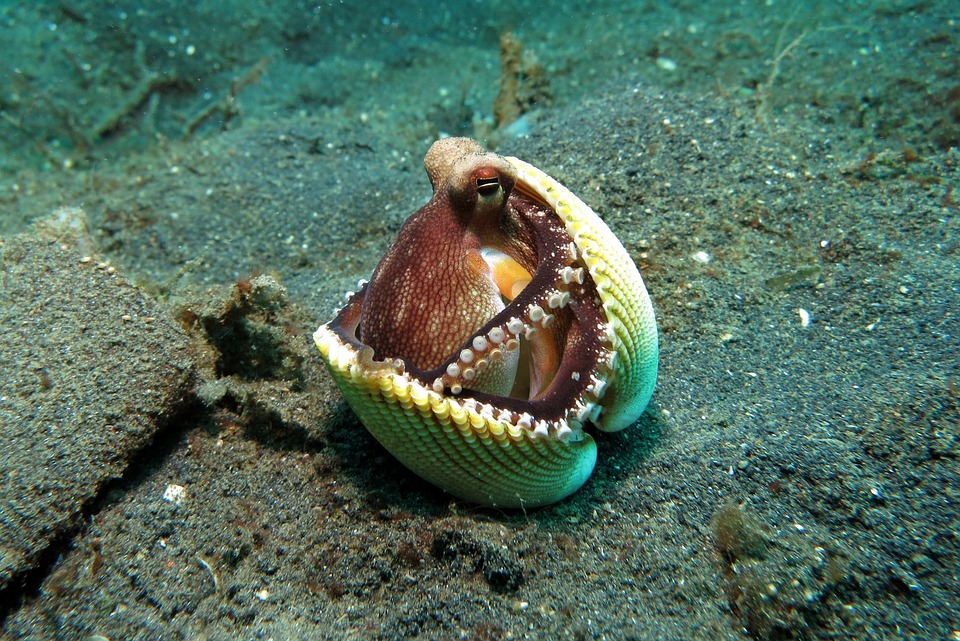Table of Contents
Introduction
Scuba diving is not just a recreational activity; it also offers a plethora of therapeutic benefits. The underwater world holds a unique appeal, allowing individuals to connect with nature and experience a sense of serenity and healing. In this article, we will explore the various therapeutic benefits of scuba diving and how it can positively impact both physical and mental well-being.
The Physical Benefits of Scuba Diving
Scuba diving is a full-body exercise that engages multiple muscle groups. The resistance of water provides a great workout for the cardiovascular system and helps to improve strength, flexibility, and stamina. The buoyancy also reduces the strain on joints, making it an excellent option for individuals with conditions such as arthritis or back pain. Additionally, the increased oxygen intake during diving helps to enhance lung function and overall respiratory health.
The Mental Benefits of Scuba Diving
Beyond the physical advantages, scuba diving offers a myriad of mental health benefits. The weightlessness and tranquility experienced underwater contributes to a state of deep relaxation, reducing stress and anxiety. The mesmerizing marine life, vibrant colors, and the feeling of being an integral part of a thriving ecosystem can have a profound impact on one’s mental well-being. Many divers report enhanced mood, increased self-confidence, and a sense of awe and wonderment.
The Healing Power of Nature
Nature has long been recognized for its healing properties, and scuba diving allows individuals to immerse themselves in a completely different world. The calming effect of water coupled with the sight of marine life can elicit a sense of awe and wonder, providing a welcome escape from the stresses of everyday life. Research has shown that exposure to underwater environments has a therapeutic effect on individuals with conditions like PTSD, depression, and anxiety disorders.
Scuba Diving as a Form of Meditation
Scuba diving can be considered a form of meditation. The slow, controlled movements, rhythmic breathing, and focus required to explore the underwater world encourage mindfulness and present-moment awareness. The peaceful environment helps individuals to disconnect from external distractions and achieve a state of mental clarity. Divers often describe the feeling of being in the present moment and achieving a sense of inner peace that is difficult to replicate in other activities.
Social Connection and Support
Scuba diving is not only an individual activity but also a way to foster social connections and build a sense of community. Joining a diving club or participating in group dives allows individuals to share their love for the underwater world with like-minded people. These interactions can provide a sense of belonging, support, and camaraderie. Engaging in enjoyable activities with others can further enhance mental well-being and create lasting friendships.
FAQs
Q: Is scuba diving suitable for everyone?
A: While scuba diving can be enjoyed by many, there are certain medical conditions and physical limitations that may restrict some individuals. It is recommended to consult with a certified diving professional or a healthcare provider to ensure that scuba diving is safe and suitable for you.
Q: Do I need to be a strong swimmer to scuba dive?
A: Basic swimming skills are necessary for scuba diving, but you do not need to be an Olympic swimmer. Most certification courses require individuals to demonstrate basic swimming abilities, such as treading water and swimming a short distance. Professional instructors will ensure you receive proper training for a safe and enjoyable diving experience.
Q: Can scuba diving help with stress and anxiety?
A: Absolutely! Scuba diving has shown to be an effective stress reliever and anxiety reducer. The peaceful environment, deep breathing, and connection with nature all contribute to relaxation and mental well-being.
Q: Can scuba diving be therapeutic for individuals with PTSD?
A: Yes, scuba diving has shown promising results in helping individuals with PTSD. The controlled environment, underwater beauty, and the sense of weightlessness can help reduce symptoms of anxiety and depression commonly associated with PTSD.
Q: How can I get certified for scuba diving?
A: To become a certified scuba diver, you need to complete a scuba diving course from a reputable diving agency. These courses include theoretical knowledge, confined water sessions, and open water dives. Look for diving schools or instructors who are accredited by recognized organizations like PADI or SSI.




